Learning Courage in the Face of Suffering
This ANZAC Day, I reflect on a story that’s woven into my own family’s history.
ANZAC (Australia and New Zealand Corps) is an important day in both these countries. It’s celebrated every year on April 25, to honour all who have served and died in all wars, conflicts, and peacetime operations.
Like all families, we too carry history of personal stories and experiences of those harrowing times.
My grandfather’s cousin, Basil Cleary, worked as a hospital chemist on the Gilbert Islands (now Kiribati, located in the Central Pacific Ocean). Stationed on these islands were a group of New Zealand soldiers called Coastwatchers, who oversaw key communication lines for the Allied Forces through the South Pacific.
Following the bombing of Pearl Harbour, several of the Coastwatchers were taken hostage by the Japanese, along with five civilians, one of which was Basil, and another was Reverend Alfred Sadd of the London Missionary Society.
After they were detained for some time, a decision was made to execute 17 soldiers and the five civilians, as punishment to the Allies for attacking Japanese ships. I learned that Basil died on October 15th, beheaded, and his body was thrown into a pit and later burned.
It is said that when the men realised what lay before them, Reverend Alfred Sadd began to encourage his fellow prisoners. One report suggested he sung the hymn Onward Christian Soldiers and volunteered to be the first to die. When he was ordered by their captors to wipe his feet on a laid-out Union Jack flag in the moments before his death, he knelt and kissed it instead.
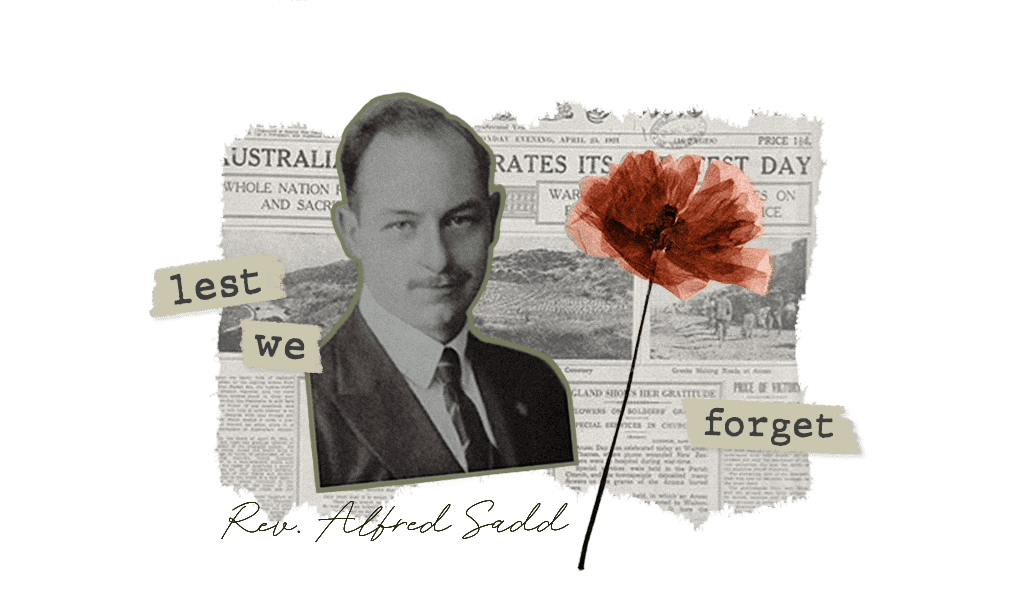
Amidst such a hideous circumstance, I am thankful to know there was such a person as Alfred Sadd, who was there as a light in a moment of true darkness, helping summon courage for Basil and the others who were held captive.
While most of us alive today are fortunate enough to not face this kind of intense persecution, we are no strangers to strife and difficulty in our lives, and our faith subject to ridicule if not persecution.
Suffering is inevitable because we live in a fallen world, and therefore, we find ourselves living side by side with wars, diseases and sickness. Yet as Christians, we are told to expect suffering for Christ’s sake, and He assures us that we are not left on our own (John 17:14-15, 20-21).
This ANZAC day, as I look to Sadd’s example, I’m moved to think about how we might better face our own suffering and be there for those who need encouragement.
Facing our suffering better
Often it is in the fussing over our suffering that we tend to make things worse. Like my cat.
My cat is a terrible patient (the vet told me as much). This is because when she has something wrong with her (most recently, a massive wound from a catfight), she doesn’t just let it be.
Instead, she fusses. She wriggles free from her “cone of shame” (a plastic collar) and then spend the rest of the day tearing out her stitches and licking her wound. Then I take her back to the vet, they staple the wound shut again, we get a new collar, and she does the whole thing again.
We can act this way too when we suffer. We spend all our time obsessively thinking about it, and not just the presence of the suffering, but also the millions of associated questions. Why me? What if I’d done X Y Z instead? This isn’t fair!
Yes, wrestling with questions is a natural and integral part of our faith, and I often reflect on Jacob, who was renamed Israel, meaning “wrestles with God”. There is a place for lament, grief, and a pouring out of our spirits in the suffering.
Yet, it’s important to not wallow and throw pity parties, or overthink the circumstances that led to the suffering—circumstances we could not control and yet somehow believe to be our fault.
We can feel what we feel, but we need to remember to bring our suffering to the foot of the cross, because it is only there that it can be properly dealt with. Where our faith is concerned, it is in suffering where we put our money where our mouths are. We can be tempted to abandon our once tightly held beliefs. Or we can choose to put our faith to practice—to lean on God and rely on Him to sustain us.
What does this look like practically? It looks like prayer—not conjuring fancy words we think we should say, but truthful, authentic words about where we are and what God’s Word says. Allowing ourselves to grieve, but also not end with us simply looking inward; instead, seeing these circumstances as drawing us into God’s presence, rather than away.
Our loving God has promised that He stands with us during these times. In Isaiah 43:2 we find these words:
When you pass through the waters, I will be with you, and when you pass through the rivers, they will not sweep over you. When you walk through the fire, you will not be burned, the flames will not set you ablaze.
And in 1 John 4:4: “You, dear children, are from God and have overcome them, because the one who is in you is greater than the one who is in the world.”
I am encouraged in suffering to be as Reverend Sadd was—to not forfeit my faith in God and all that I confess to believe, but to stand firm and fortified in my faith.
Standing with others in suffering
I am challenged by how Sadd faced his final moments—rather than falling to pieces at his plight, he looked to those he was about to die alongside, amongst whom was my relative Basil.
The Christian life is designed to be lived facing outward. To mourn with those who mourn as much as we rejoice with those who rejoice (Romans 12:15). When we stand alongside others, we mirror Christ and His promises to never abandon us. And it’s in times of great darkness that we can truly be light to the world (Matthew 5:14-16).
This can be difficult to do when we are all fighting our own battles. However, there is strength to be found when we stand with and encourage others, and when they do the same for us.
I love this word used in 1 Corinthians 13:7 (ESV): “love bears all things”. The word “bears” comes from a root word that depicts the image of a roof. It’s a powerful image for what it means to love—to be a covering, a shelter. It makes sense when we think about how people in pain need to find shelter, to be covered.
Recently when my grandmother passed, I was so blessed by the number of good friends (and most did not know her well) who made the effort to attend her funeral, just to cover me with love and stand with me in my grief. Sometimes, simply being there can be the mightiest way to support others in their suffering.
Other ways could be offering prayer, a passage in Scripture, a song; providing a meal, a shoulder to cry on, an embrace, all ears to listen. Often, I find asking questions such as “What do you need?”, “Is there anything I can practically do to support/help you?”, helpful first steps.
And look, I get it. Sometimes we are at capacity; we have so much going on in our lives that we can’t find space for anything else.
If that’s you today, this isn’t meant to guilt you. You can be truthful with yourself and others about where you’re at. Sometimes, just honestly sharing with each other about our troubles can help, if only to let each other know that we’re not alone.
And when you find a few moments to spare, you might remember that prayer is the best thing you can do for yourself and your friend in need.
Sadd, in his incredible bravery and empathy in the way he supported Basil and the other captives, has challenged me to live my faith as he did—to stand firm in my own suffering, and to extend compassion and support to others in seasons of their own suffering.
Let’s be people who live life facing outwards—who see others, who love by bearing each other’s burdens, who’ll choose to forge ahead even when life gets uncomfortable, painful, scary. In all of these, may we remember that our powerful and loving Father carries us in His arms.

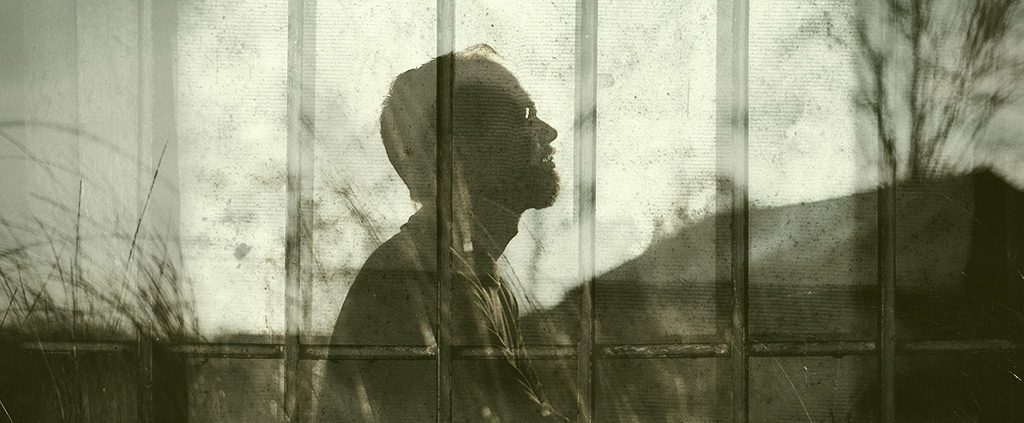
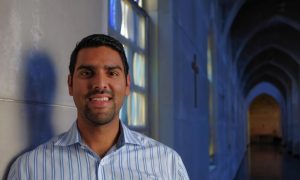

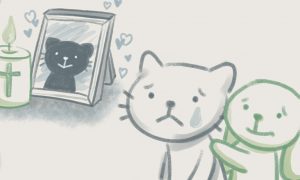
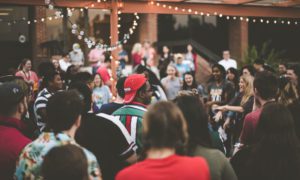
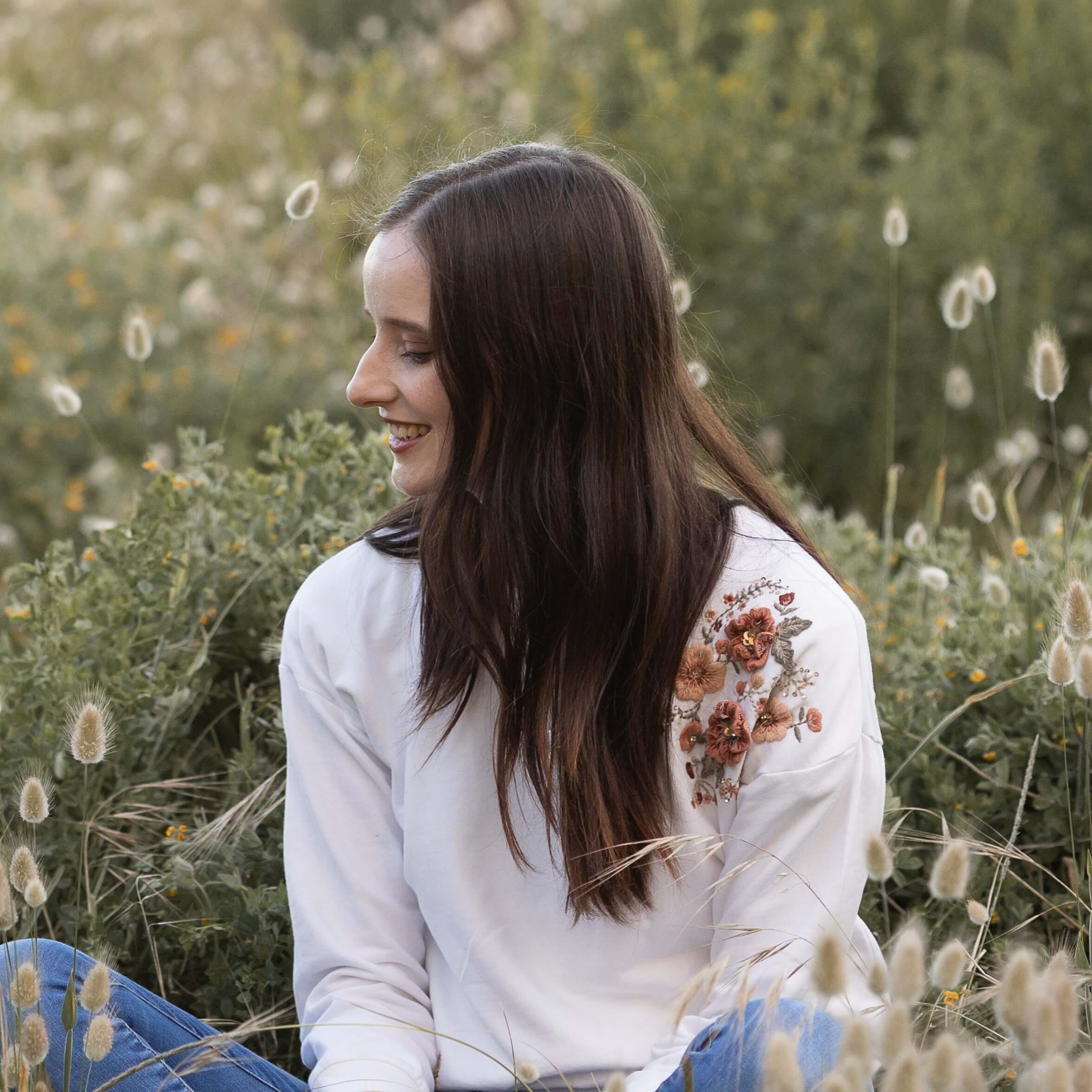
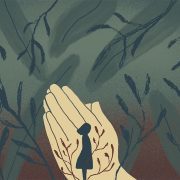







Leave a Reply
Want to join the discussion?Feel free to contribute!